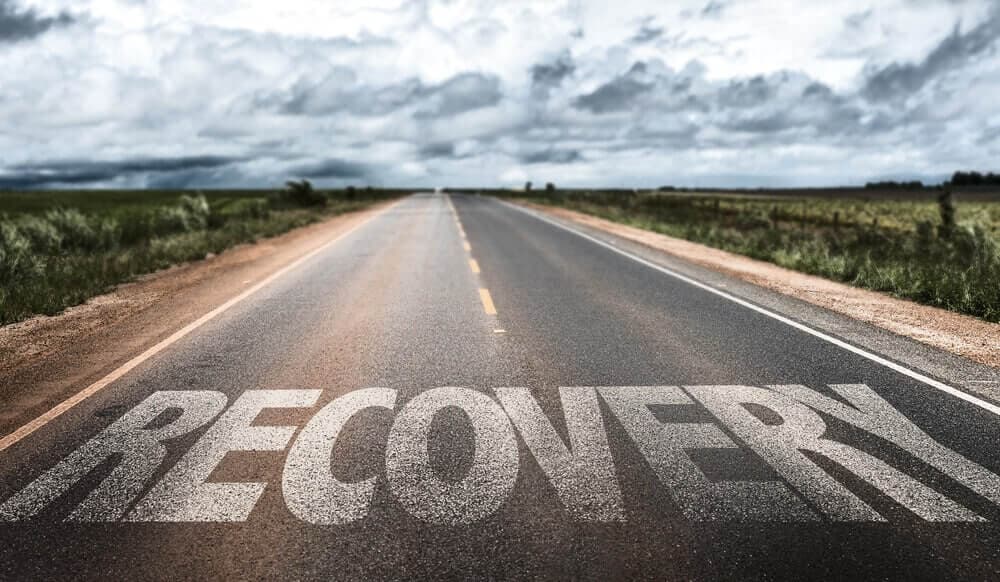
2024-08-30 12:19:27
What to Expect During Your First Rehab Session: A Step-by-Step Guide
Starting rehab can be a daunting experience, filled with uncertainty and anxiety. Understanding what to expect during your first rehab session can help alleviate some of these concerns and prepare you for the journey ahead. This guide provides a detailed overview of the typical steps involved in your initial session, from assessments to orientation and treatment planning, to ensure you feel informed and supported as you begin your recovery.
- Arrival and Check-In
When you first arrive at the rehab facility, you will go through a check-in process. This may involve:
- Administrative Paperwork: Completing necessary forms and providing personal information. You may be asked to sign consent forms and provide details about your medical history and insurance.
- Identification and Orientation: You will be introduced to the facility’s policies, procedures, and schedule. You may receive a tour of the facility and information about what to expect during your stay.
- Initial Assessment
The initial assessment is a critical component of your first rehab session. This step involves:
- Personal History Review: A counselor or clinician will conduct a comprehensive interview to gather information about your substance use history, mental health, medical history, and any co-occurring conditions.
- Assessment Tools: You may complete various assessment tools or questionnaires designed to evaluate your level of addiction, mental health status, and readiness for change.
- Goal Setting: Discuss your personal goals and expectations for rehab. This helps ensure that the treatment plan aligns with your needs and aspirations.
- Medical Evaluation
A thorough medical evaluation is often part of the initial session to assess your physical health. This may include:
- Physical Examination: A medical professional will conduct a physical exam to evaluate your overall health and identify any medical issues that need to be addressed.
- Lab Tests: You may undergo lab tests, such as blood work or drug screenings, to assess your physical condition and any potential withdrawal symptoms.
- Treatment Planning
Based on the information gathered during the assessment and medical evaluation, a treatment plan will be developed. This includes:
- Individualized Treatment Plan: Your treatment plan will be tailored to your specific needs, including a combination of therapeutic approaches, counseling, and medical interventions.
- Setting Goals: Specific, measurable, achievable, relevant, and time-bound (SMART) goals will be established to guide your recovery process.
- Discussing Treatment Options: You will discuss the types of therapy and support services available, such as individual therapy, group therapy, family therapy, and holistic approaches.
- Introduction to Therapy Sessions
The introduction to therapy sessions is an important part of acclimating to the rehab environment. This step involves:
- Meeting Your Therapist: You will be introduced to your primary therapist or counselor who will guide you through your treatment process. This meeting is an opportunity to discuss your treatment goals and expectations.
- Overview of Therapy Types: You will receive an overview of the different types of therapy you will engage in, such as cognitive-behavioral therapy (CBT), dialectical behavior therapy (DBT), or motivational interviewing.
- Group Dynamics: If group therapy is part of your treatment plan, you may be introduced to group dynamics and the expectations for participation.
- Orientation to Daily Routine
Understanding the daily routine at the rehab facility helps you adjust more easily. This includes:
- Daily Schedule: You will be given an overview of the daily schedule, including therapy sessions, meals, recreational activities, and any other scheduled events.
- Facility Rules: Review the facility’s rules and guidelines, including policies on visitation, privacy, and personal conduct.
- Support Systems: Learn about the support systems available, including access to medical staff, counselors, and peer support groups.
- Addressing Concerns and Questions
Your first rehab session is an opportunity to address any concerns or questions you may have. This includes:
- Discussing Anxieties: Share any fears or anxieties with your therapist or counselor. They can provide reassurance and support to help you feel more comfortable.
- Clarifying Information: Ask questions about the treatment process, what to expect in the coming days, and any additional resources or support available to you.
Your first rehab session is a crucial step in your recovery journey. By understanding what to expect, you can approach the process with greater confidence and readiness. Remember, the goal of this initial session is to gather information, set up a personalized treatment plan, and start building a foundation for your recovery. Each step is designed to support your path to healing and provide you with the tools and resources you need to succeed.
Share:
We Accept Most Major Insurance

Have a Questions?
Drop us a line!
Learn more about the treatments and programs we offer, about our staff and the neighborhood.















